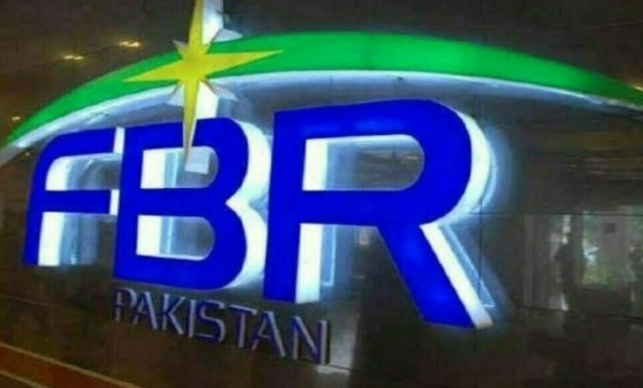In a move reshaping how tax fraud cases are pursued in Pakistan, the Federal Board of Revenue (FBR) has imposed new checks on its investigative authority. Tax officials must now seek input from business community representatives before launching any sales tax fraud investigation that could lead to arrests.
This development follows behind-the-scenes negotiations between the federal government and influential business groups. The result: a significant slowdown in the FBR’s ability to act swiftly against suspected tax evaders.
Business Sign-Off Now Mandatory
Under the latest Sales Tax General Order, the commissioner of inland revenue cannot even begin an arrest-related probe without getting approval from the FBR’s Member of Inland Revenue Operations. Before that approval is granted, however, the commissioner is required to first secure consensus from at least two individuals representing recognized trade organizations.
These representatives must be chosen from trade bodies officially notified by the FBR — essentially giving private sector players a direct say in whether a tax fraud case merits arrest.
New Rules Prompt Concerns Over Enforcement
While this layer of oversight was introduced to address complaints from political allies and business leaders, some officials warn it could render the FBR’s arrest powers nearly toothless. The time-consuming requirement to convince both trade representatives and higher-ups in the FBR before taking action is expected to make timely enforcement difficult.
The arrest provision had originally been part of a broader enforcement push aimed at collecting Rs389 billion during the ongoing fiscal year. It was bundled with other controversial measures, such as bans on high-value purchases and penalties for large cash transactions.
Political Pushback Leads to Policy Softening
Resistance came swiftly, especially from coalition partners like the Pakistan Peoples Party (PPP), who questioned the unchecked powers granted to tax authorities. After intense parliamentary negotiations, the government agreed to dilute some of the enforcement provisions.
The inclusion of business community oversight is seen as a political compromise — a way to keep the crackdown on tax fraud intact while addressing concerns of overreach and potential misuse.
Implications: Red Tape or Checks and Balances?
Critics argue the FBR has been hamstrung just when tax evasion needs to be tackled aggressively. Supporters, however, see the changes as necessary safeguards to prevent abuse of power and protect legitimate business operations from harassment.
As the FBR now navigates these revised protocols, the big question is whether meaningful enforcement is still possible — or whether the process has become too bogged down in bureaucracy to make a real dent in tax fraud.
